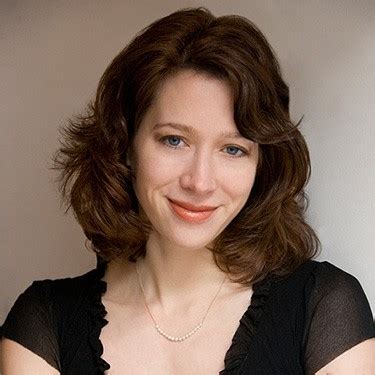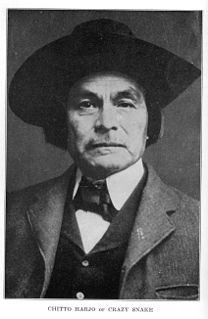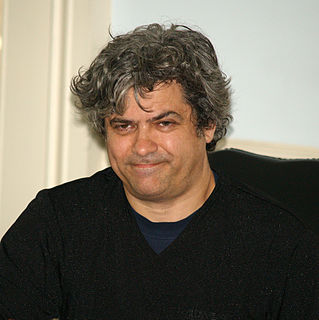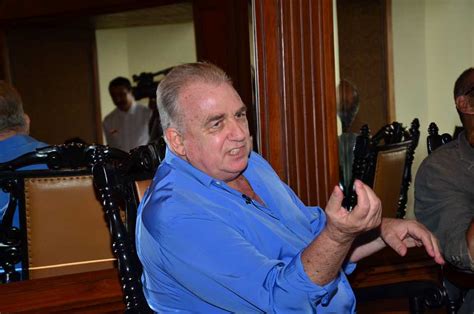A Quote by Alfred North Whitehead
It is impossible not to feel stirred at the thought of the emotions of man at certain historic moments of adventure and discovery - Columbus when he first saw the Western shore, Pizarro when he stared at the Pacific Ocean, Franklin when the electric spark came from the string of his kite, Galileo when he first turned his telescope to the heavens. Such moments are also granted to students in the abstract regions of thought, and high among them must be placed the morning when Descartes lay in bed and invented the method of co-ordinate geometry.
Quote Topics
Abstract
Adventure
Also
Among
Bed
Came
Certain
Columbus
Discovery
Electric
Emotions
Feel
First
Franklin
Geometry
Granted
Heavens
High
His
Historic
Impossible
Invented
Kite
Lay
Man
Method
Moments
Morning
Must
Ocean
Pacific
Pacific Ocean
Placed
Regions
Saw
Shore
Spark
String
Students
Telescope
Them
Thought
Turned
Western
Related Quotes
One of the things that always fascinated me about the Renaissance was that it was a time both of great scientific discovery and also of superstition and belief in magic. And so it was a period in which Galileo invented the telescope, but also a time when hundreds were burned at the stake because people thought they were witches.
Away back in that time-in 1492 - there was a man by the name of Columbus came from across the great ocean, and he discovered the country for the white man. . . . What did he find when he first arrived here? Did he find a white man standing on the continent then? . . . I stood here first, and Columbus first discovered me.
Man finds his pathways: at first they were foot-tracks, as those of the beast in the wilderness; now they are swift and invisible: his thought dives through the ocean, and his wishes thread the air: has he found all the pathways yet? What reaches him, stays with him, rules him: he must accept it, not knowing its pathway.
It was one of those strange moments that came to him rarely, but never left. A moment that stamped itself on heart and brain, instantly recallable in every detail, for all of his life. There was no telling what made these moments different from any other, though he knew them when they came. He had seen sights more gruesome and more beautiful by far, and been left with no more than a fleeting muddle of their memory. But these-- the still moments, as he called them to himself-- they came with no warning, to print a random image of the most common things inside his brain, indelible.
She glanced up at him, and in that moment he pulled his wet shirt over his head. She forced her mind blank. Blank as a new sheet of paper, blank as a starless sky. He came to the fire and crouched before it. He rubbed the water from his bare arms and flicked it in the flames. She stared at the goose and sliced his drumstick carefully and thought of the blankest expression on the blankest face she could possibly imagine. It was a chilly evening; she thought about that. The goose would be delicious, they must eat as much of it as possible, they must not waste it; she thought about that.
Enjoy life's moments. Do not take them for granted, because you never know which one will be the last. Also, seek first the kingdom of God and his righteousness; and all these things will be added unto you. In other words, get your priorities straight; figure out what really matters, and focus on that.
A sentimentalist is one who delights to have high and devout emotions stirred whilst reading in an arm-chair, or in a prayer meeting, but he never translates his emotions into action. Consequently a sentimentalist is usually callous, self-centred and selfish, because the emotions he likes to have stirred do not cost him anything.
The pressure disappeared with the first word he put on paper. He thought--while his hand moved rapidly--what a power there was in words; later, for those who heard them, but first for the one who found them; a healing power, a solution, like the breaking of a barrier. He thought, perhaps the basic secret the scientists have not discovered, the first fount of life, is that which happens when a thought takes shape in words.








































